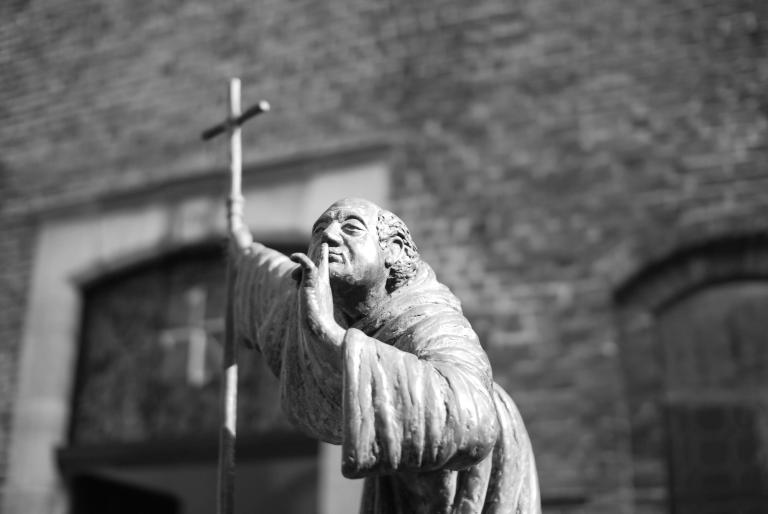What with the surveillance state, corporate data harvesting, and internet snooping, we are rightly concerned about violations of our privacy. But sometimes we violate our own privacy. This is because we have lost the virtue of “reserve.”
Peggy Noonan raises that point in her discussion of Prince Harry’s book Spare, in which he recounts the woes of being in England’s royal family. One of the miseries of that sad plight is that paparazzis and tabloid journalists are always violating your privacy. And yet, he violates the privacy of the royal family more than the crazed media ever could. Not only that, he violates his own privacy.
The forces of modernity have washed away the old boundary between public and private. It isn’t good. It’s making us less human even as we claim to be more sensitive.
But fully mature people still have a sense of their own privacy, they keep to themselves what is properly kept to oneself. Privacy isn’t some relic of the pre-tech past, as I said once, it is connected to personhood. It has to do with intimate things—the inner workings of your head and heart, of your soul. You don’t just give those things away. Your deepest thoughts and experiences are yours, held by you; they are part of your history. They are part of your dignity. You share them as a mark of trust. This is true intimacy, not phony intimacy but the real thing.
If you tell all the strangers your secrets what do you tell your intimates?
A friend said the other day: “Most of the forces in the world are pushing toward exhibitionism and calling it honesty. The assumption is if you keep things to yourself you have something to hide.” But you aren’t reserved out of shame, you are reserved out of a sense of your own value and self-respect. And it doesn’t leave you alone; it means you are part of something larger, a whole world of distinct souls.
Of course, we we can hide nothing from God, who “knows the secrets of the heart” (Psalm 44:21). He is the ultimate “intimate” in our lives. So we should hold nothing back from Him in our confessions and prayers.
When it comes to relating to other human beings, we should be honest, but there are various levels of intimacy. We should “keep discretion,” that “your lips may guard knowledge” (Proverbs 5:2). And we should especially guard the secrets of others: “Whoever goes about slandering reveals secrets, but he who is trustworthy in spirit keeps a thing covered” (Proverbs 11:13). Such respect for other’s privacy grows out of the realization that, as Noonan says, we are part of “a whole world of distinct souls.”
So we should respect other people’s privacy, and we should respect our own privacy.
Photo: “Be quiet! – Priest sculpture in Venlo,” by Raffael Herrmann via cc0.photo, Public Domain

















